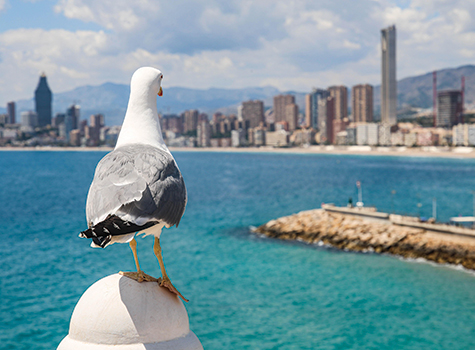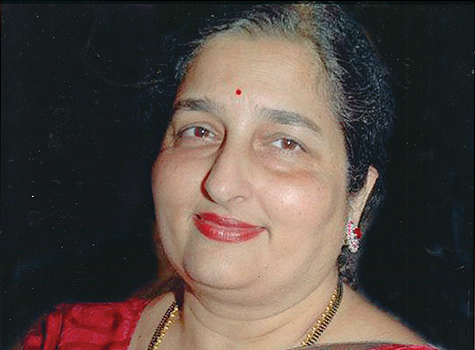
Have you heard this one: If you don’t like something, change it. You are not a tree. Focus. Focus is what I need. I need to tell you a thing, now. Before I get too distracted. It’s really important that I get this right, or do my best to try to. Because it’s about change. It’s that time of year.
Most of my life, I have been an advocate for setting sail, at the first opportunity to do so, for sheer adventure’s sake. It’s my nature. Why go? You don’t know what you don’t know, and there is so much in the big world to discover. Yes, I said those things, and often it was easy to make the case for moving on, but it wasn’t easy for people to receive that message. You have no idea how many tried to talk me out of things.
Still, I journeyed. I couldn’t help it. I went, I came back, I wrote things, I went again, I came back, and so on, more or less most of my life, until March 2020. Hard stop. I was in Vietnam, which was more or less wide open for the first year of the pandemic, it turned out; not knowing how long this would be I had taken stock of my situation and opted to extend my visa a few times and ‘sit things out.’ Fast forward to the summer of 2021, and things got kinda tough; I was in lockdown in Saigon. Needless to say, I didn’t move much.
I think I got used to this. I think I began to appreciate the value of not moving around. Plants. Pets. Familiar faces of those neighbors (who were a family with relatives in Australia), those other ones (who were the police guys living all together), my foreigner neighbors (teachers), the lady who bicycled from her house to deliver coffees and juices every day. She and I liked being out of the house. We were the only ones taking risks getting caught, walking in the alley as we did even when the strictest lockdowns were on. Xin chà o. Bạn có khá»e không. Smalltalk.
With this experience, now, I don’t know if I believe what I used to. That it’s always, hands down, a good idea to move on. After all, I personally experienced the communal feature of Vietnam, which is, I think, quite noteworthy for the individualistic nomad. Juxtaposed suchly, I saw people taking care of each other because of propinquity (and, really, just that reason). Maybe that’s one point to make a case for staying put: social support, social security.
I haven’t spent a ton of time thinking about this, but somewhere in the back of my mind, I hear echoes of words of traditional friends saying things like wanting to stay in one community, put down a root, grow, nurture and just be. Stationarily. We didn’t argue. We were respectful of each other’s viewpoints. I moved on, they stayed where they were. We lost touch. Differences of philosophy can do that. Fallouts, drifts, differences of opinions. Changes of luck. We change as we go. But now I think I know better more about what they meant to share.
Maybe I can talk about it from where I am, here in Phnom Penh. After all, it’s been eleven years since I landed in this place. I didn’t mean to stay here. It just made sense, at the times that it came up to ask the question, along many points of decision trees, Should I stay or should I go? Easy, familiar, comfortable, inexpensive, with amazing fruits, and very nice people, who smile and say hello. This is Phnom Penh. There are the regular places that you know will be welcoming, like the one I wrote about when I shared ‘Tea’ with you, back in the first month of this iteration of Kismuth & The Way.
You don’t always have to be zipping around or making melodramatic shifts. I guess that was what I was hoping to convey this year, in this column. How you can find a lot of detail if you stop thinking about what isn’t nearby, stop being so saudade-y, my issue, and simply enjoy what is. This can take a great deal of fortitude because we are human and it’s hard to sit still and be (mostly) content. But you can do it. You can learn from observing. You can examine a particular space, let’s imagine a cubic inch, for example, and turn it over and over, to still and slow, learn, and understand. See. That which is around you, as it is.
This is, I feel, a very un-instagrammable thing, but, I think, it’s a quite valuable effort. Observing and noticing is the beginning of understanding. Which matters. Which always did. Being older, though, you get it, what elders were saying when they were saying it. ‘Take a breath, Dipika. Slow down.’ Maybe I have. Maybe I can. Maybe I will continue to. But first, a little jaunt. Another chapter, of ‘The Way,’ is in the offing.
Dipika Kohli is an author who is based in Phnom Penh. Discover her books at kismuth.com and other projects at dipikakohli.com.



